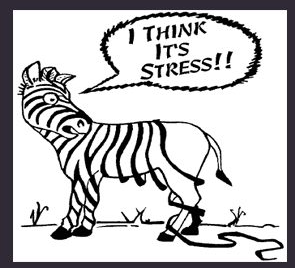
Some people say stress and anxiety cause vitiligo. Vitiligo is a lasting skin problem in which growing patches of skin lose their color. It can affect people of any age, gender, or ethnic group.
The change in the appearance of the skin caused by vitiligo can affect a person’s emotional or mental health. Patches hidden from view are not as bothersome as those that appear on exposed areas such as the face and hands. For some, it creates a feeling of embarrassment.
Likewise, both emotional and physical stress can trigger vitiligo. It is a complex skin condition that involves both faulty genes and environmental factors. Melanocytes are more likely exposed to harmful chemicals induced amid emotional stress. People with vitiligo have reported that emotional stress causes more patches to develop.
But, vitiligo affects only around 2% of the population worldwide. It is not likely that the stress level of this group of people is higher than that of the other 98% of people. Majority of people do not develop vitiligo, no matter how stressful their lives.
Thus, stress only has a minor contribution to the development of vitiligo. The current view is that genetic susceptibility, environmental factors, and a trigger, such as stress, conspire to unleash an autoimmune attack on melanocytes.
In some cases, vitiligo can cause psychological distress and can affect a person’s outlook and social interactions. If this happens, your dermatologist may suggest that you find a counselor or attend a support group.